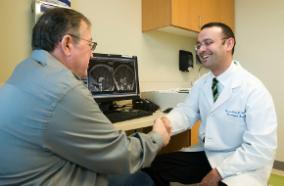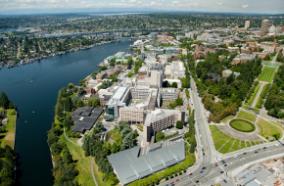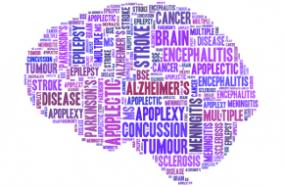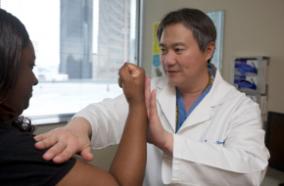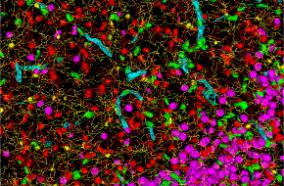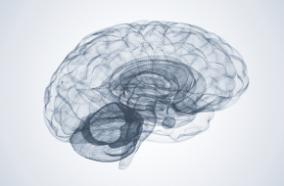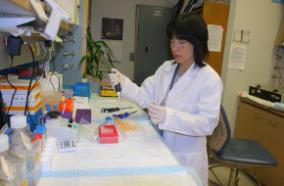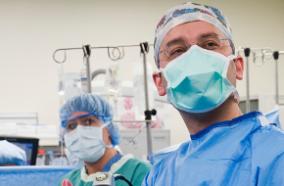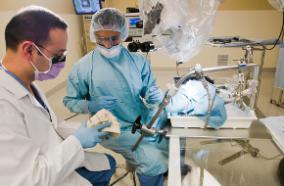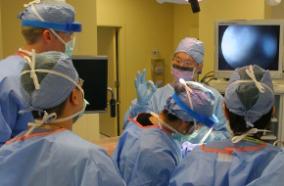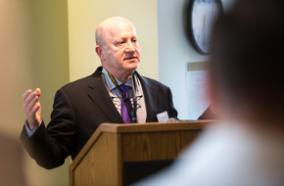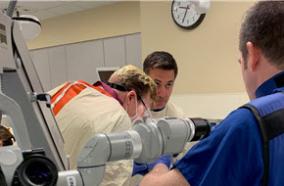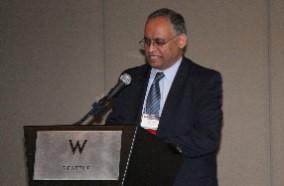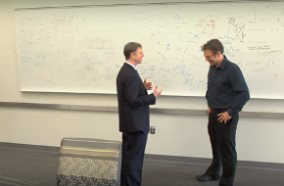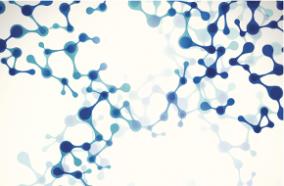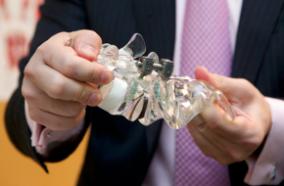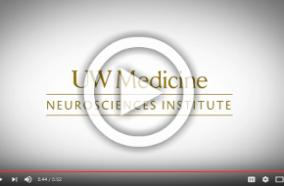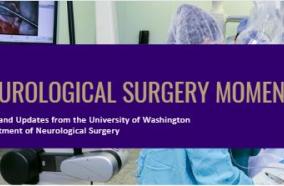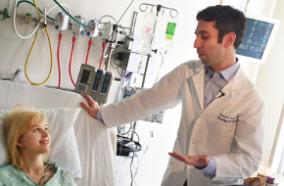Through its affiliation with the UW Departments of Neurological Surgery and Neurology, the program is uniquely positioned to give students true “Bench to Bedside” exposure to neuroscience in a university medical center setting. This is a unique “hands-on” experience-based program—not the purely didactic, test-based learning that is provided by the traditional collegiate experience.
The program inspires students by exposing them to the passion and excitement of biomedical science and medical care through direct practical engagement with translational neuroscience. Students are provided with an introduction to the intellectual skills of hypothesis-driven research, evidence-based medicine, and compassionate, ethical, and safe healthcare delivery systems.
The program experience develops in each student: research and clinical experiences introducing the fundamental skills that are the foundation of the scientific process and ethical practice; understanding of the value of team participation and the synergy of multidisciplinary teams to enable them to be more effective students, colleagues, scientists, clinicians, and citizens; increased awareness of issues in responsible conduct in research and professionalism in clinical practice; activities to build confidence by challenging preconceived ideas of their own abilities, therefore preparing and inspiring them to set higher goals and experience new scientific achievements; improved scientific communication skills to better present their ideas as members of medical or research teams; an overview of, as well as substantial mentorship towards, potential educational/vocational pathways into neuroscience/medical careers.
The combined experience of these program elements provides students with a realistic opportunity to observe the practice of medicine, the execution of hypothesis-driven research, and the rigors of medical and neuroscience education. These experiences make the students more informed and prepared to participate in societal discussions and public health debates. These experiences will ideally motivate students to pursue further education and careers in neuroscience, biomedical engineering, and/or medicine.
The program is not intended for those who have already developed a substantial neuroscience knowledge base and may have had several prior research internships.
Both formal and informal learning occur not only specific lab work adding to the neuroscience knowledge base but also exposure to the process of translational research through first-hand engagement. This teaches students one of the most valuable skills necessary for their future success: how to work with others and how to develop continuous self-study successfully in a complex environment.
At our most successful, students continue their education and establish careers in science, technology, engineering, or medicine. Experiences gained from the program enable students to develop scientific literacy that will make them more informed students in society. Many alumni have stated that the program is “transformational.”

